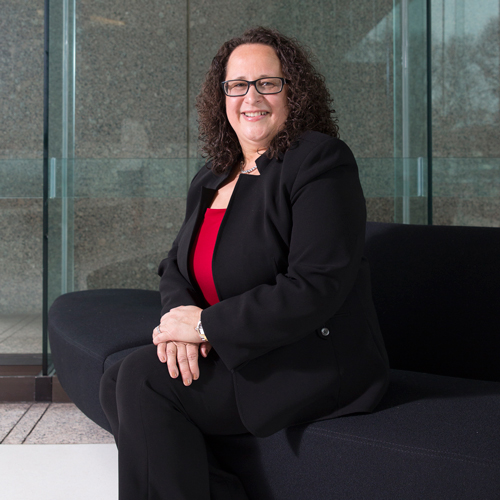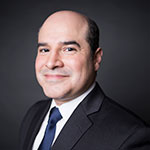Richard Cordova grew up in East LA working with his father, who had a small auto repair business. Cordova’s mother handled the books. His parents didn’t graduate from high school, but they were able to instill in their son a strong work ethic.
Cordova recalls his father heading out in the middle of the night to help stranded customers free of charge, something that upset his mother. That person would remain a lifelong customer, his father reasoned with her. Understanding how to treat people with kindness and respect is crucial as president and chief executive officer of Children’s Hospital Los Angeles, LA’s first and largest hospital specifically dedicated to treating children. Nearing retirement after forty years in the industry, Cordova speaks to HE about the challenges and triumphs in serving chronically ill children and transitioning into a new role.
HE: From working as a mechanic in East LA to becoming CEO of one of the top five hospitals in the country is quite a leap. How did you get into health care?
My parents were adamant about my brother and I going to college, and while attending Cal State LA, I got an internship through the County of Los Angeles. I was assigned to a health-care team overseeing budgets for county hospitals. I was eventually promoted and began working for the Department of Health Services, where I had great mentors. That was it for me. I have been in the field ever since, serving as CEO of San Francisco General Hospital and then as president of Kaiser Permanente in Southern California, which serves over three million members. I thought I was going to retire in 2005, but Children’s Hospital Los Angeles came calling.
What are the biggest challenges you’re up against as CEO of such a critically needed hospital serving chronically ill children?
It’s definitely strategy-based. It’s continuously figuring out how we position ourselves in the Los Angeles marketplace. If we don’t ensure we’re part of different systems of delivery, we can lose patients because of the fragmentation. I’ve got to work closely with the board to make sure we sustain our services and grow them.
Growing our services has also meant opening up clinics in cities all over the county, including Valencia, Encino, Santa Monica, and Torrance. We’re putting specialists in these communities who are offering high-end services like orthopedics, ophthalmology, and cardiology. It’s a hub-and-spoke strategy that we hope makes services more accessible for those who can’t make it to the main hospital in Hollywood. It’s my goal that we really transition into the Children’s Health System of Los Angeles. I want anyone in Los Angeles County to be able to access services for their children within 10 minutes of their home.
The scope of the services offered by the hospital is wide-ranging. Tell me about the programs and services you’re particularly proud of.
I feel strongly that all of our programs are excellent, but there are a few I’d categorize as preeminent. Some of our specialized programs and skill sets are of the best in the nation. Our cancer program is number five in the US, and just to put that into context, St. Jude’s is number seven. Our orthopedic program is number two in the country.
Why is the research component of what the hospital does so important?
It’s important for the public to realize that we’re an academic medical center. All faculty doctors are from USC. We currently have 90 residents, so we’re constantly training new pediatricians. When you look at the number of clinical trials we participate in, and when you look at the research being done for pediatric clinical trials, it’s very appealing to the best and the brightest doctors. We have a staff of doctors who are interested in teaching, research, and clinical work, and that’s ideal.
You were recently named chairman of the American College of Healthcare Executives. You’re the first Latino to hold the position. What does this mean to you?
It’s not just about me serving in this role. I feel strongly that we have made progress, and this position is a culmination of the hard work that we have all done, especially those who came before me. It is incredibly meaningful.
What do you feel have been your most defining career moments?
I’m proud of every place I’ve stopped in my career. Getting the 300-plus-bed facility built was certainly a highlight. If I’m being honest, the highlight is right now; this is the defining moment. Being the CEO of this hospital, seeing kids enter the hospital ill and walk out well is the most fulfilling thing I’ve ever experienced. They’re little fighters, and they inspire me every day. Nothing is more satisfying than being able to facilitate that contribution to society. My time here isn’t just about being a business man; it’s about being an authentic leader. When I’m in front of donors or staff, I’m not talking about business. I’m talking about our commitment to kids and family. We offer family-centered care, and that is meaningful to me.

